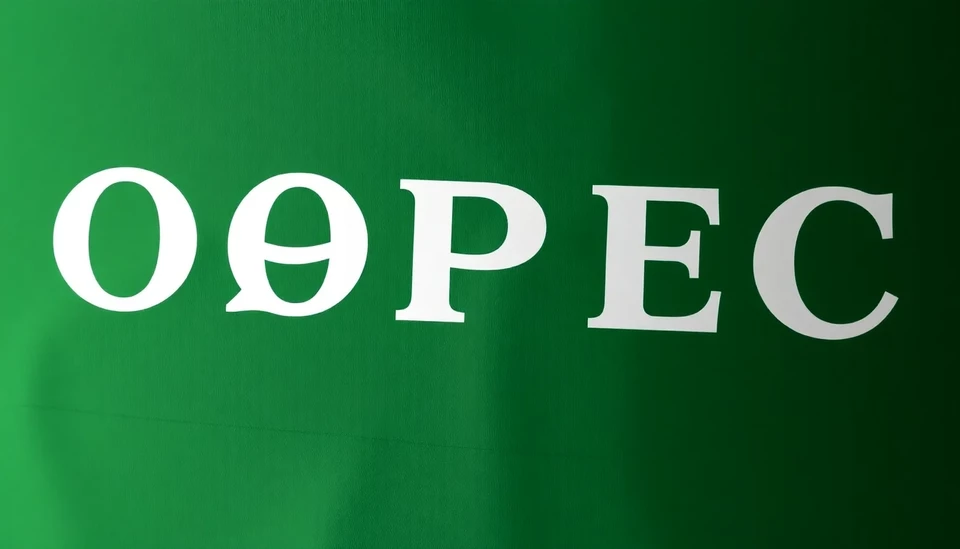
In a significant move reflecting the ongoing challenges in the global oil market, OPEC ministers are scheduled to convene to discuss the pressing need for member countries to adhere to their established production quotas. This meeting, anticipated to have far-reaching implications for the oil industry, aims to reinforce collective efforts aimed at balancing supply and demand amidst fluctuating prices and geopolitical uncertainties.
The conference will be pivotal, particularly as it comes at a time when numerous member states have reportedly struggled to meet their designated output levels. According to internal reports, non-compliance has posed challenges not only to individual economies but has also led to instability in global oil prices, further compounding the complexities faced by the oil sector.
OPEC's ability to regulate production quotas has historically played a crucial role in stabilizing oil markets. However, with growing pressures such as increased production from non-OPEC nations and the ongoing transition to renewable energy, ensuring compliance among member states has become more critical than ever. Delegates from various nations are expected to voice their concerns and strategize on how to promote a more effective adherence to these production limits.
Market analysts believe that the outcome of this meeting could dictate the trajectory of oil prices in the coming months. Many stakeholders are watching closely, eager to see whether OPEC can galvanize its members toward greater unity and compliance. The discussions may also touch upon the impact of current economic conditions, inflationary pressures, and the potential of increasing geopolitical tensions, which all could influence oil supply and demand dynamics.
As the meeting approaches, industry insiders are anticipating that OPEC will issue a firm call to action, urging non-compliant members to reassess their production strategies. This directive could help foster greater cooperation within the organization, ultimately benefiting not only OPEC countries but also consumers around the globe through more stable pricing.
Overall, the upcoming discussions are not just about numbers; they represent an opportunity for OPEC to reassert its influence in a rapidly changing global landscape, and address the critical issues that threaten both its member nations and the international oil market at large.
#OPEC #OilMarket #ProductionQuotas #GlobalOilPrices #EnergyIndustry #Compliance
Author: Victoria Adams



